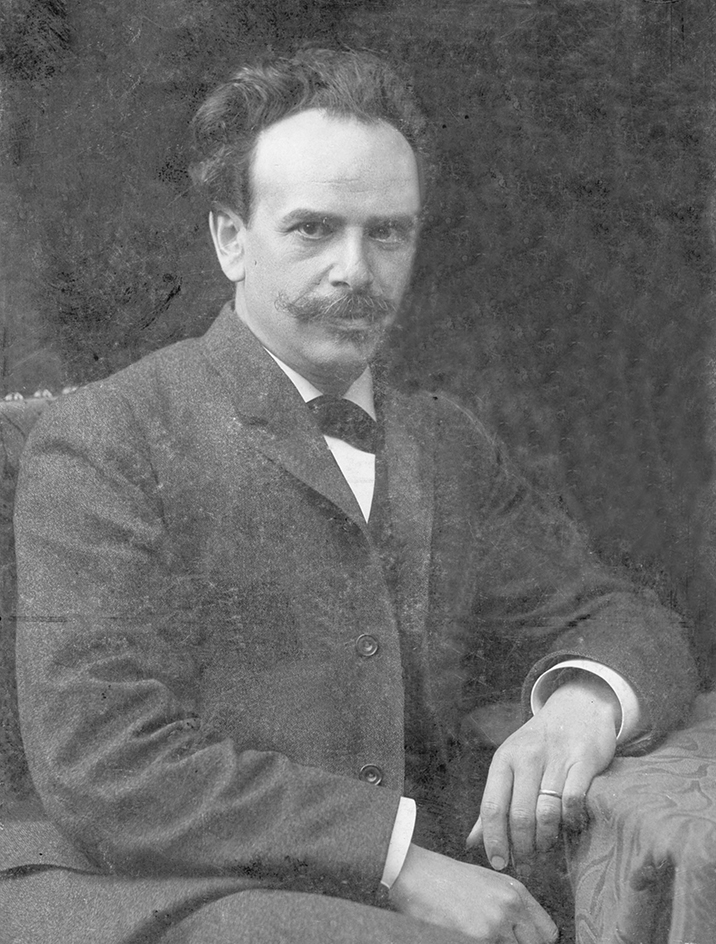Boas, Franz, << BOH az, frahnts >> (1858-1942), a German-born American, was the most influential U.S. anthropologist of the early and mid-1900’s. His work laid the foundation for modern anthropological theories about the influence of culture on human behavior and development.

Boas’s work focused on the diversity of human cultures, languages, and physical types. Contrary to the accepted beliefs of his day, Boas argued that such differences are determined primarily by environment, not heredity. Boas was one of the first anthropologists to emphasize field research—that is, studying a people by living among them. Many of his theories were based on his research among the Native American peoples of the Pacific Northwest, particularly among the Kwakiutl. His books include The Mind of Primitive Man (1911) and Race, Language, and Culture (1940).
Boas was born on July 9, 1858, in Minden, Germany. He came to the United States in 1886 and became a citizen in 1891. He taught at Columbia University from 1896 until his retirement in 1936. There, he trained many leading anthropologists, including Margaret Mead and Edward Sapir. Boas, who was Jewish, strongly opposed Nazism. He also fought against racism in the United States. Boas died on Dec. 21, 1942.
See also Anthropology (Development of field research).
